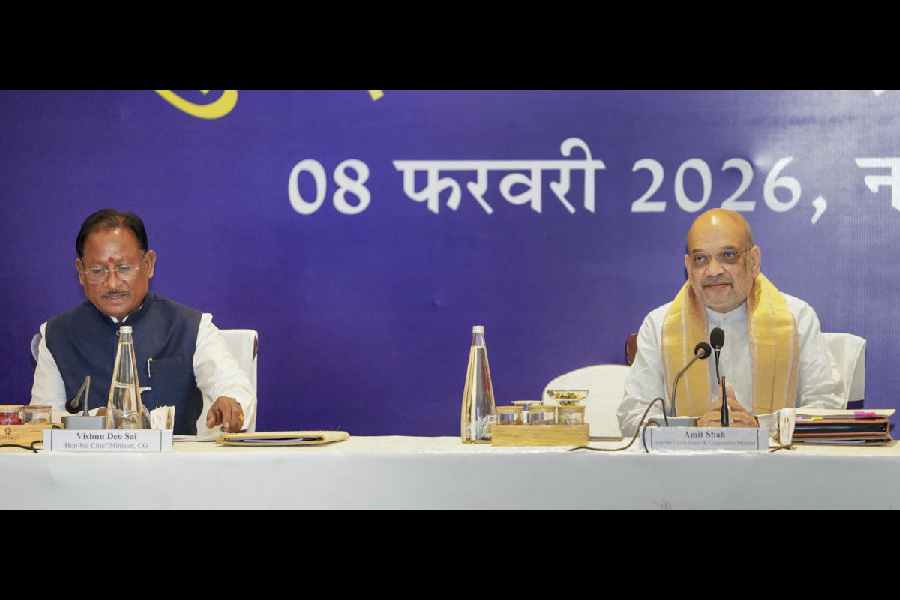New Delhi, Oct. 1: The Ayodhya judgment cannot be used as a precedent in other contentious cases such as those in Kashi and Mathura.
A 1991 central law, passed by the Narasimha Rao government, nipped any such possibility by laying down that the religious character of a place of worship shall continue to be what it was on August 15, 1947.
The law, passed on September 18, 1991, specifically exempted the Ramjanmabhoomi-Babri Masjid issue from its scope, implicitly acknowledging the improbability of rolling back events related to the site at Ayodhya.
The law said that all existing cases in courts over ownership disputes at other places would end immediately, except for cases dating back beyond August 15, 1947.
The clauses would not apply to recognised ancient monuments, though. It also does not apply to Kashmir. Any law to be applicable to the state has to be ratified by the Assembly there.
The law was intended to deter copycat politico-religious movements to change the nature of existing religious places elsewhere. The Places of Worship (Special Provisions) Act, 1991, said that all provisions would come into effect on July 11, 1991.
Sections 3, 6 and 8 shall come into force immediately. Section 3 also bars conversion of places of worship.
“No person shall convert any place of worship of any religious denomination or any section into a place of worship of a different section of the same religious denomination or of a different religious denomination or any section thereof,” it says.
Offences under the act are punishable with a jail term which may extend up to three years as well as a fine. Even making an attempt to change any place of worship, abetting it, or being party to a conspiracy to do so would invite a jail term.
The offence would also be included in Section 8 of the Representation of People Act, 1951 (as clause “j”) for the purpose of disqualifying candidates in elections should they be sentenced for two years or more under the act.










